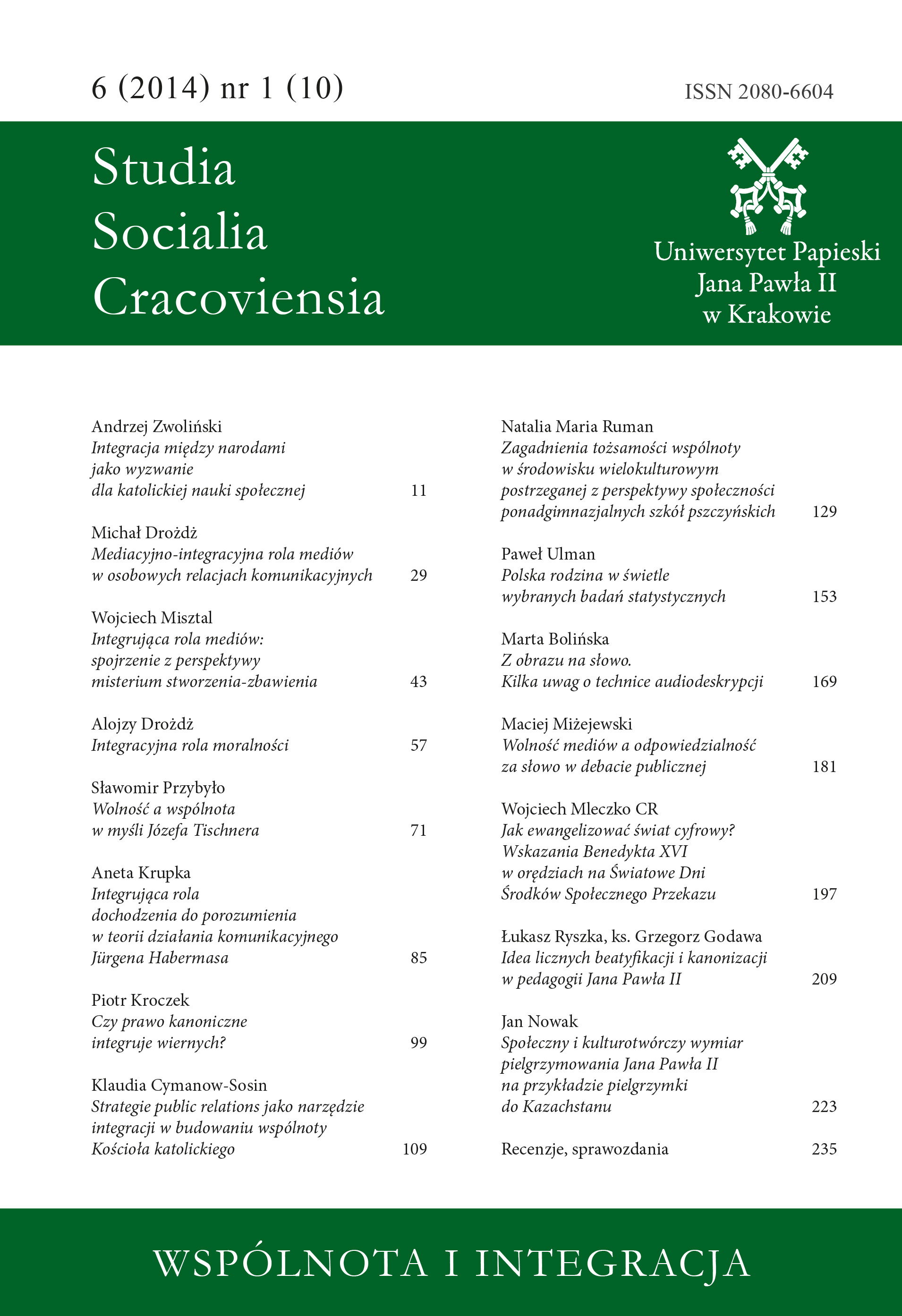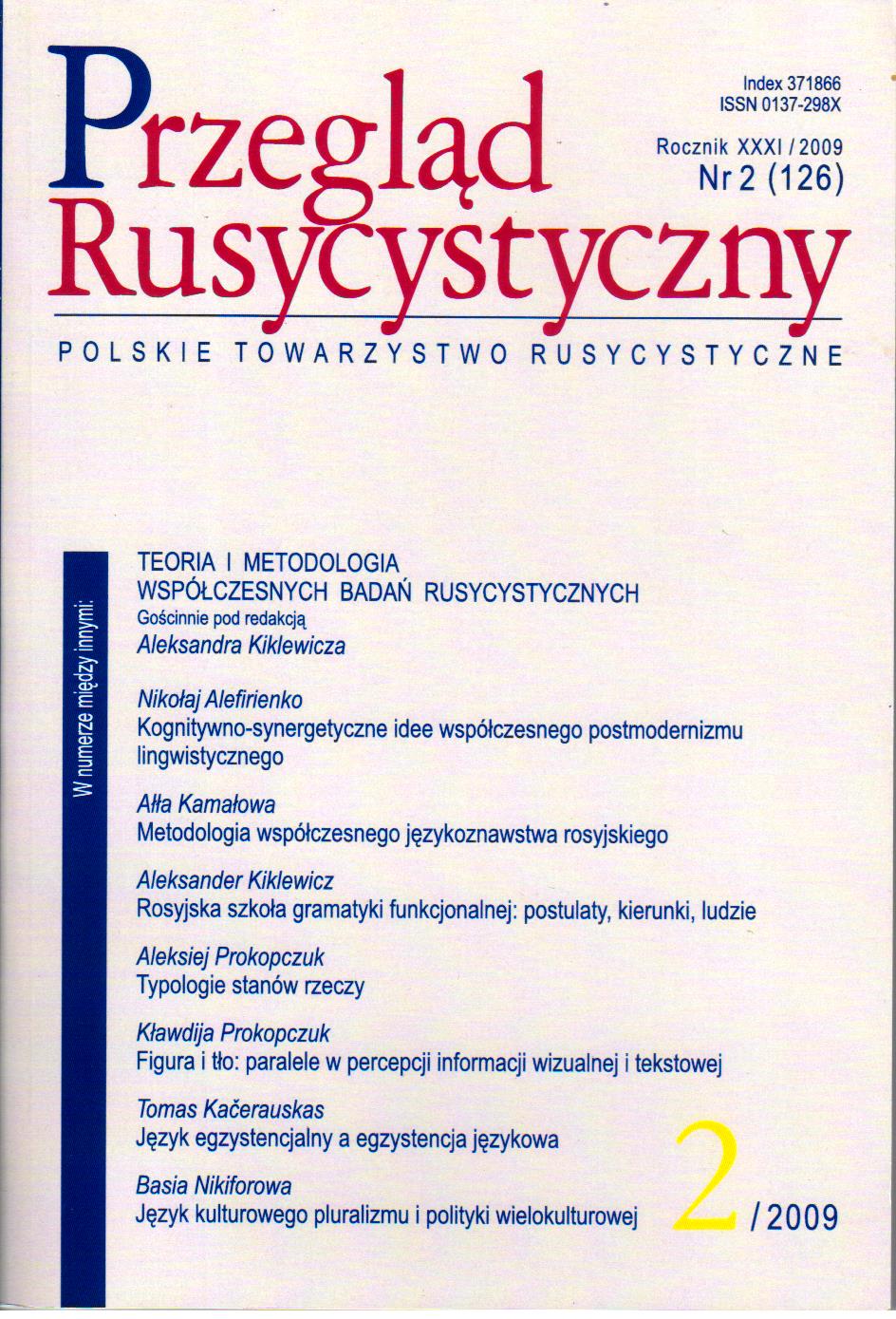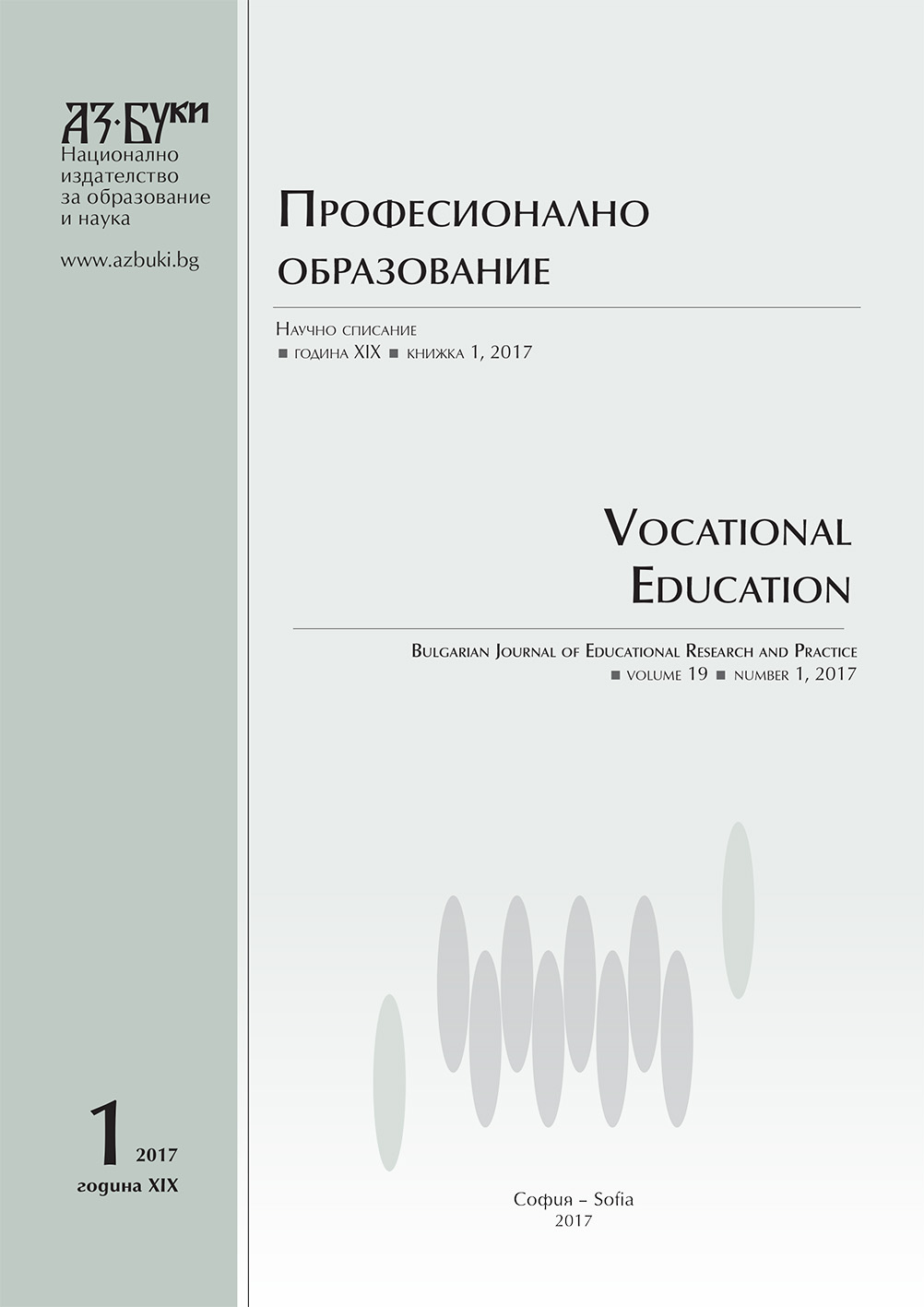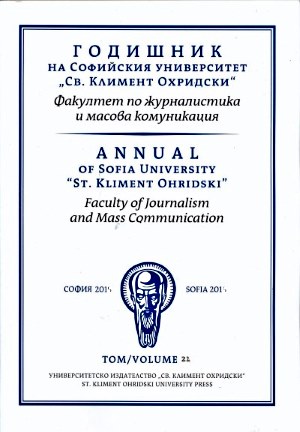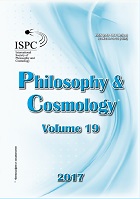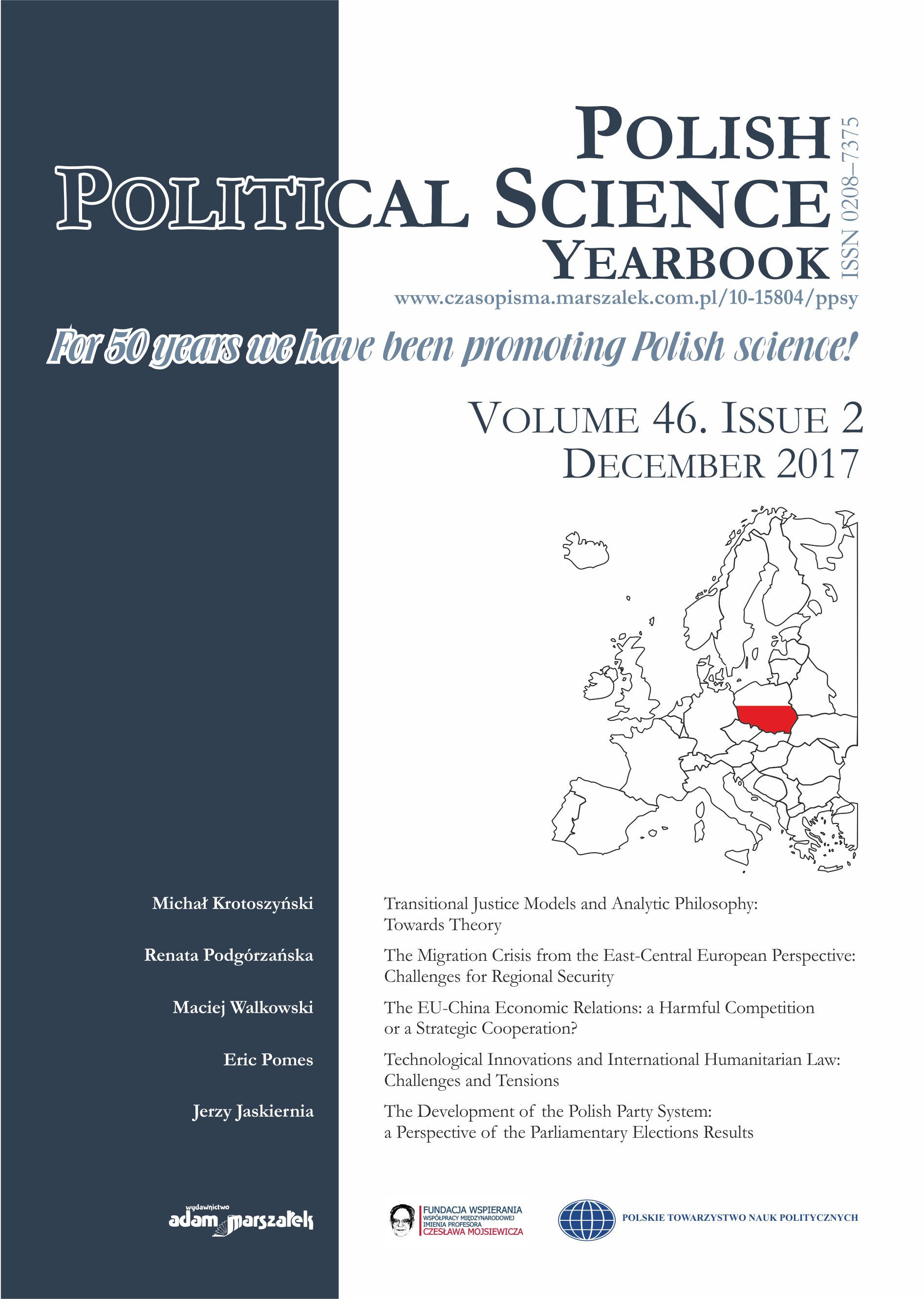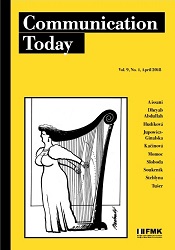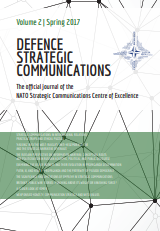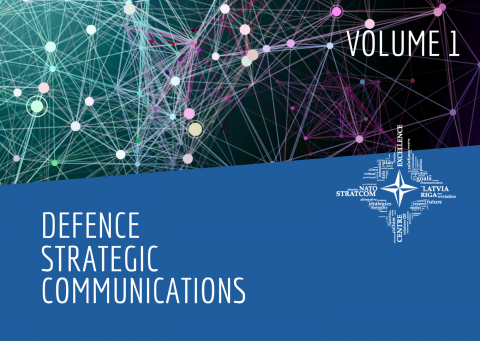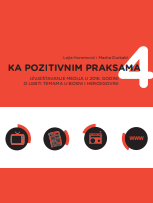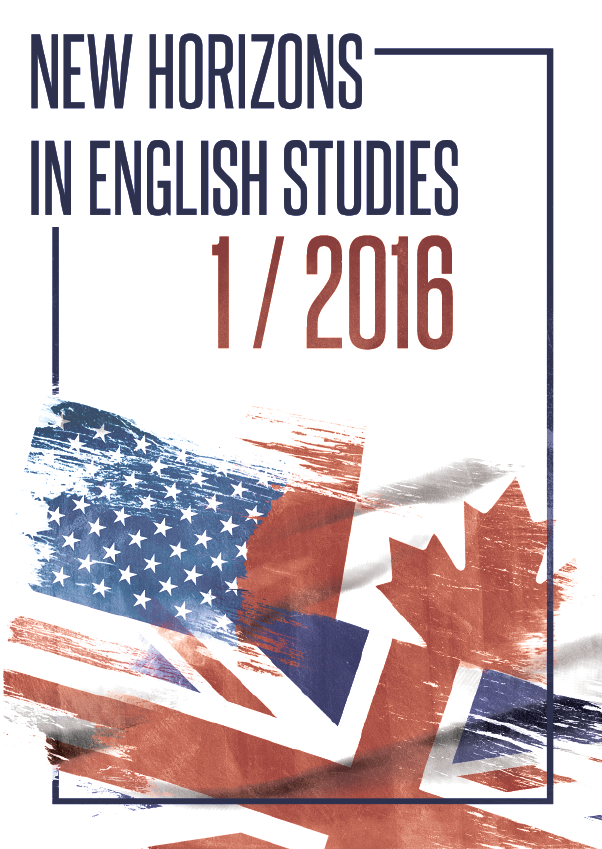Author(s): Lejla Huremović,Masha Durkalić / Language(s): Bosnian
Issue: 4/2017
Analiza predstavlja pregled praćenja izvještavanja o LGBTI temama u medijima u Bosni i Hercegovini, koju šestu godinu zaredom objavljuje Sarajevski otvoreni centar. Analizom se prati nivo doprinosa medija u borbi protiv diskriminacije i povećanja vidljivosti LGBTI osoba u bosanskohercegovačkom medijskom prostoru. U 2016. godini praćeno je izvještavanje 93 medija: elektronskih (radio – 10 i televizija – 24), štampanih (dnevne novine, sedmični i dvosedmični magazini – 35) te online medija (news portali i portali štampanih medija – 24). Ukupno, u svim medijima objavljeno je 1299 tekstova/priloga, i to u štampi – 546 tekstova, na televiziji – 87 priloga i u online medijima – 666. Dnevne novine koje su najviše izvještavale o LGBTI temama bile su Oslobođenje – 86, od televizijskih stanica Federalna televizija – 27, a od online portala Klix.ba – 118. Kada govorimo o izvještavanju iz regije, najveći broj objava je bio za vrijeme održavanja parada ponosa u Hrvatskoj (Zagreb, Split), Crnoj Gori (Podgorica) i Srbiji (Beograd), zatim su se prenosile vijesti vezane za praćenje korištenja Zakona o životnom partnerstvu u Hrvatskoj, o lezbejskom paru koji je tužio Hrvatsku za diskriminaciju, te o trenutnoj političkoj klimi koja sve više ide udesno te utiče i na prava LGBTI osoba u Hrvatskoj. Izvještavalo se o Međunarodnom danu borbe protiv homofobije i transfobije, o performansu održanom povodom Međunarodnog coming out dana, o širenju govora mržnje prema manjinskim grupama, o usvojenim izmjenama i dopunama Zakona o zabrani diskriminacije, napadu koji se desio u Art kinu Kriterion u martu, Izvještaju o stanju prava LGBTI osoba u BiH koji je izdala Institucija ombudsmena u BiH, o predsjedniku Studentskog parlamenta Univerziteta u Sarajevu, Harisu Zahiragiću i njegovim različitim homofobnim izjavama, o napadu u LGBT klubu u SAD-u, u Orlandu, te različitim filmovima, predstavama i pjevačima_cama i pjesmama koje tematiziraju LGBTI osobe. Nastavljen je trend da vijesti nerijetko ne odgovaraju opremi članka (fotografije, naslovi/nadnaslovi), i tendencija nekih medija koji imaju urednički negativan stav da korektne agencijske vijesti opremaju negativnim (senzacionalističkim) naslovima. U online medijima još uvijek je primjetan najveći broj agencijskih vijesti, po principu copy-paste, te zbog toga i dalje postoji nesrazmjer između pozitivnih i negativnih objava. Važno je naglasiti da je ipak mali broj negativnih tekstova, u usporedbi sa ukupnim brojem objava u online medijima. Nakon drastičnog pada koji se desio 2014. godine u izvještavanju u informativnim emisijama televizijskih stanica, analiza je pokazala da se počeo povećavati broj objava, ali da je taj broj još uvijek mali. Informativne emisije na televiziji bi trebale više samoinicijativno da se bave temama vezanim za prava LGBTI osoba te da podižu svijest o problemima sa kojim se one susreću. Imajući u vidu da najčešće izvještavaju za vrijeme parada ponosa ili pak kada se desi fizičko nasilje nad LGBTI osobama, smatramo da još uvijek ne shvataju važnost kontinuiranog izvještavanja i svoj doprinos u suzbijanju nasilja i podizanju svijesti o problemima LGBTI osoba u svakodnevnom životu. Iako iz godine u godinu raste broj objava u medijima, još uvijek postoji jako mali broj novinara i novinarki koji imaju istraživački pristup koji bi rezultirao kvalitetnijim prilozima/člancima. Budući da smo u 2016. godini počele pratiti i medijske objave vezane za interspolne osobe, važno nam je naglasiti da su mediji polako počeli izvještavati i o interspolnim osobama, nevidljivosti i problemima na koje one nailaze. Za sada su uglavnom u pitanju prenošenja saopštenja za javnost ili izvještavanja sa događaja koje je organizovao Sarajevski otvoreni centar, ali se nadamo da će se novinari_ke u 2017. godini baviti više i pitanjem prava interspolnih osoba. Pozdravljamo činjenicu da mediji prate i izvještavaju o aktivnostima organizacija civilnog društva koje se bave pravima LGBTI osoba. I ovom analizom je potvrđena hipoteza da je veća vidljivost aktivističkih organizacija, aktivista_kinja i LGBTI osoba preduslov veće vidljivosti LGBTI tema u medijima, čime se dodatno potcrtava važnost novinarske odgovornosti, etike i profesionalnosti, jer bi izvještavanje trebalo da afirmiše građansku hrabrost ovih javnih istupanja.
More...
